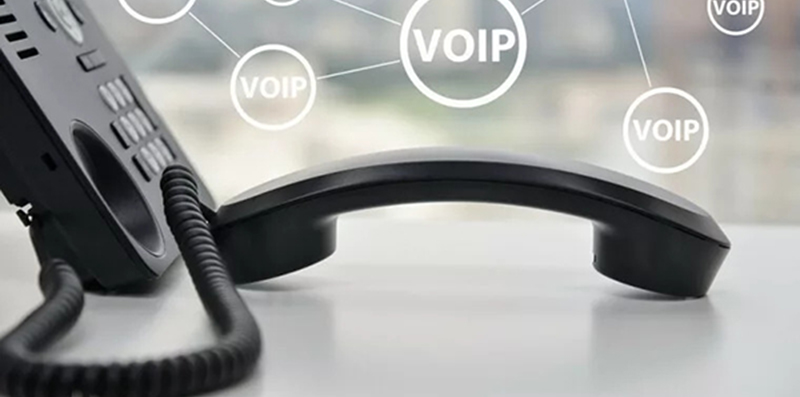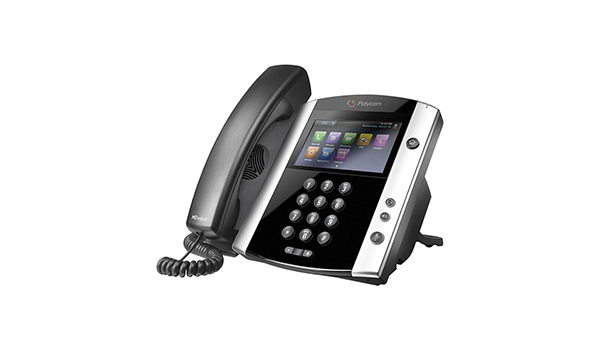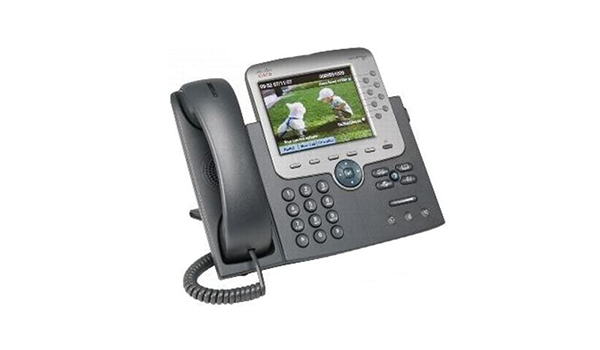
Technology is constantly evolving, both in business and in life. Today’s technology provides a variety of communication methods and communication devices. The COVID-19 pandemic has made communication devices indispensable in the enterprise, and many organizations rely heavily on UCC technology to enable remote work. IP phones can make calls over the Internet. This is very cost-effective in the current environment. But do you know which one is best for your requirements?
What is the difference between Polycom and Cisco?
| Polycom | Cisco | |
| Year Founded | 1990 | 1984 |
| Optimization | Open Source SIP | Cisco Unified SIP, Proprietary Cisco Call manager |
| Audio Features | Acoustic Clarity Technology, HD Voice | Noise Proof Technology, HD Voice |
| Target Market | Small to medium enterprises, public institutions. | Initially large enterprises, but now serving small and medium businesses as well. |
| Portfolio | SoundStation – Conference phones; SoundPoint IP-Interoperable with existing equipment; VVX Business media VVX 200-600 series; Polycom Skype for Business – CX, VVX and Trio Series; Polycom Teams – CCX series; Accessories | Occasional use- 3900 series; Specialty use – 6900 series; General business – 7800 series; Advanced HD media, VoIP and mobile communications – 8800 series; Accessories |
Polycom Vs Cisco IP Phones
Polycom phones are popular around the world because of their acoustic innovations that provide a high-quality calling experience. Cisco Phone is designed to help you maximize business outcomes by improving team performance. So how do the IP phones of these two brands compare? The following will introduce the commonly used IP phones of two brands and compare them.
Targeted market
Cisco’s broad range of products and services can target small, medium and large businesses. It is precisely because Cisco offers a wide range of products that many powerful companies use Cisco’s products
In contrast, Polycom places an emphasis on environmental scenarios in its product delivery, focusing on better solutions for specific uses. As a result, Polycom users are more likely to choose Polycom products for environments such as the home, office or conference room. Polycom focuses on developing a powerful set of features for products that serve a specific purpose.
Portfolios
Both Polycom and Cisco have IP telephony capabilities that can serve users from the smallest business units to the largest.
Polycom’s portfolio:
- Polycom SoundStation: This line of conference phones provides unmatched performance and clarity for any size room. They feature 360-degree microphone pickup and great audio performance.
- SoundPoint IP: This line of enterprise-class VoIP desk phones interoperates with premises-based or hosted unified communications solutions. Cost-effective as users use existing equipment.
- The Polycom VVX business media phone condenses video, voice and application capabilities into one easy-to-use solution. These all-in-one desktop designs feature an intuitive user interface, PoE, a full color/HD display, and 2 Ethernet ports, among other features that improve workflow and productivity.
- Polycom Skype for Business phones are highly interoperable and work with Skype for Business to provide easy and efficient communication. They range from front desk calls to executive calls.
- Polycom Teams: These are the top business phones. Their high-end features are interoperable with Microsoft Teams
Cisco’s portfolio:
- Occasional Use: The SIP 3900 Series provides basic telephony functionality at an affordable cost. These phones are entry-level and suitable for environments that occasionally require a VoIP solution, such as hallways, classrooms, halls, or laboratories.
- Special use: The 6900 series is more suitable for special, occasional use environments, such as hotel rooms, elevators, cafeterias, etc. These phones are compact, stylish, user-friendly and cost-effective.
- General Business: The 7800 Series provides secure, affordable, SIP-based solutions for small to large companies.
- Advanced HD Media, VoIP and Mobile Communications: The 8800 Series is the next generation of voice and video communications, offering a high-end premium telephony.
Polycom Vs Cisco-Compare
The Polycom VVX 601 provides users with advanced business media telephony capabilities. With a 4.3-inch color touchscreen, it brings smartphone attributes to a desk phone. It has advanced features like streaming video playback, integration with other applications, and video conferencing via external USB. The phone also supports Bluetooth.
The phone’s enhanced memory/chipset enables it to deliver increased productivity and unmatched voice clarity with Polycom HD Voice.
The Cisco CP-7975G Phone has a 5.6-inch touchscreen TFT color display. It has full-duplex speakers and echo cancellation. The phone also offers direct access to voicemail. It comes with a standard speakerphone and a wideband audio enabled handset. The phone’s integrated Gigabit Ethernet switch reduces desktop installation costs and cabling.
| Polycom VVX 601 | Cisco CP–7975G | |
| Display | 4.3” Multicolored touchscreen | 5.6” (320X240)Color touchscreen |
| Line Keys | 16 | 8 |
| Audio | HD Polycom Audio Technology | Wideband Audio , Echo cancellation |
| Gigabit Switches | 2 | 1 |
| USB ports | 2 | No |
| Bluetooth integration | Yes, together with Polycom intelligent proximity facilitates integration with mobile devices. | No |
| Wi-Fi Support | Yes | No |
| Other Features | PoE and AC versions available | KEM support- 2, PoE class 3 |
Conclusion
Choosing Polycom or Cisco depends on the company’s funding, needs and goals. Both companies have products ranging from the most basic to the very advanced. If you already have Cisco’s infrastructure, it’s a good idea to buy their phones. If your business has equipment from different vendors, Polycom with highly interoperable products is a good choice.
Want to know more, please click here: Cisco Unified Communications, Huawei Unified Communication, Networking Accessories
Read More:
Polycom vs Cisco|How to choose for your business communication needs?
How to Select Polycom Video Conferencing Equipment?
Cisco IP Phone 7800/8800 Series with MPP Firmware
How does Video Surveillance System Work?
Reference: Blake, M., 2022. Polycom Vs Cisco IP Phones – For That Phone System Overhaul!. [online]









